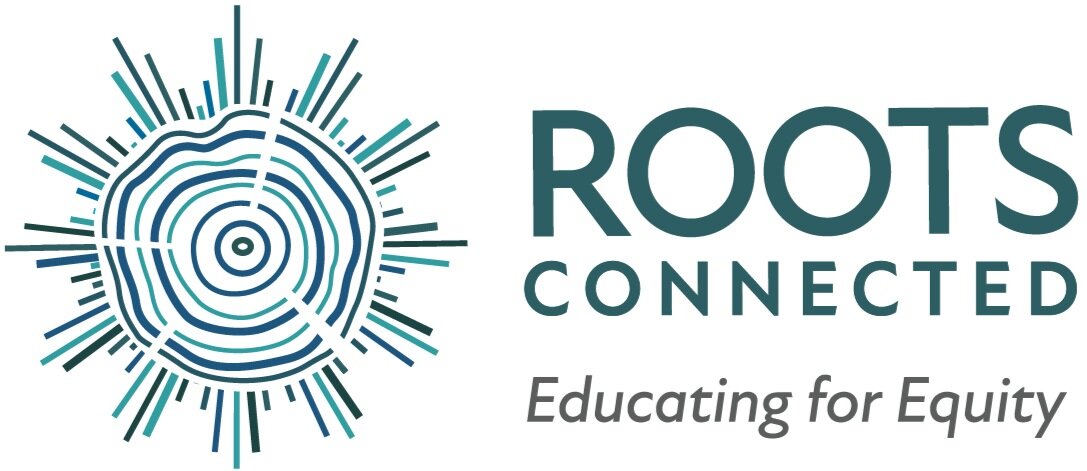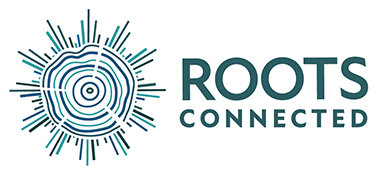The Importance of Personal Identity Work for Adults in School Communities
Contributor: Lena Dalke
“It is important to note that before educators begin to teach students to know themselves and others, teachers must first do their own self-work. This work involves teachers deeply unpacking their own histories, identities, biases, assumptions, and tensions with racism and other oppressions they have learned, experienced, and practiced.”
- Gholdy Muhammad, 2020
School communities need to make space for the authentic sharing of identity among adults; it directly impacts how students are viewed and treated. Because teaching is relational work, educators’ awareness of intersecting identifiers, intersectionality, and where and how power is held has a tremendous impact on the quality of the relationships that can be built with the children we serve, and subsequently the type of learning that is possible. Often the demands of teaching seem to preclude the time and energy required for the self-work that Gholdy Muhammad refers to in the quote above, yet it is of utmost importance to create the space for the practice of personal reflection in order to create transformative educational experiences in school communities. Having a regular identity reflection practice among adults supports a parallel process with students’ identity development and growth. When this personal identity work is done both individually and collectively in educational spaces, it becomes a key component of interrupting systemic discrimination and internalized oppression and leads to the cultivation of equitable, just and liberatory schools.
Identity reflection requires ongoing learning and unlearning, grace and revolutionary love, because of the multifaceted nature of identity. Beverly Tatum explains:
The concept of identity is a complex one, shaped by individual characteristics, family dynamics, historical factors, and social and political contexts. Who am I? The answer depends in large part on who the world around me says I am. Who do my parents say I am? Who do my peers say I am? What message is reflected back to me in the faces and voices of my teachers, my neighbors, store clerks? What do I learn from the media about myself? How am I represented in the cultural images around me? Or am I missing from the picture all together? (Tatum, 2000).
All the messages that we receive about who we are contribute to our concept of self and sense of belonging. Additionally, how the various parts of our identities intersect with each other affects our experiences within our society and translates into how we are viewed and treated. Since we all have multiple identifiers, we can be subjected to multiple forms of discrimination and privilege depending on the context and which identities are dominant or hold power. This concept of intersectionality is a term that Kimberlé Crenshaw coined. She says “Intersectionality is a lens through which you can see where power comes and collides, where it interlocks and intersects” (Crenshaw, 2020). This is why, when educators have a deep understanding of their own intersecting identifiers, positionality, and recognize personal biases and prejudices, there is an increased awareness about the impact of their decisions and the power they hold. With this awareness comes the possibility for schools to become more intentional and address harm in meaningful and healing ways.
Identity work is central in our Anti-Bias Education Framework at Roots Connected, as it cultivates the mindset necessary to implement the other tools within the framework, such as Representation. When members of a community are authentically represented in what is being shared in schools, whether it be in the curriculum, classroom conversations, or professional development sessions, it deepens the development of personal identity work. Because various parts of our identities are constantly intersecting, we cannot rely on just one narrative to articulate experiences and perspectives, as Chimamanda Adichie explains in “The Danger of a Single Story.” For us to grow and deepen our understanding of ourselves as well as others, we must consistently make space to have access to perspectives and experiences that are different from our own. We make sure that in our work, we have practices where we can ask questions like:
Whose voice is missing?
What perspective may we not have access to?
How do we ensure we can understand a perspective that may be different from what is in the room?
This line of questioning helps to develop the critical practice of asking the questions and listening to the responses, even if varied perspectives may not be present.
As school communities commit to addressing harms of the past and implementing more equitable policies for a liberatory future, it is crucial to create the time and space for on-going identity work with staff. To facilitate the development of this kind of identity work, Roots ConnectED offers educator support through coaching and educational institutes that help school communities explore identity work and deepen their practices of working towards justice.
Contact us if you are interested in more information about what we offer, or fill out our coaching intake form.




